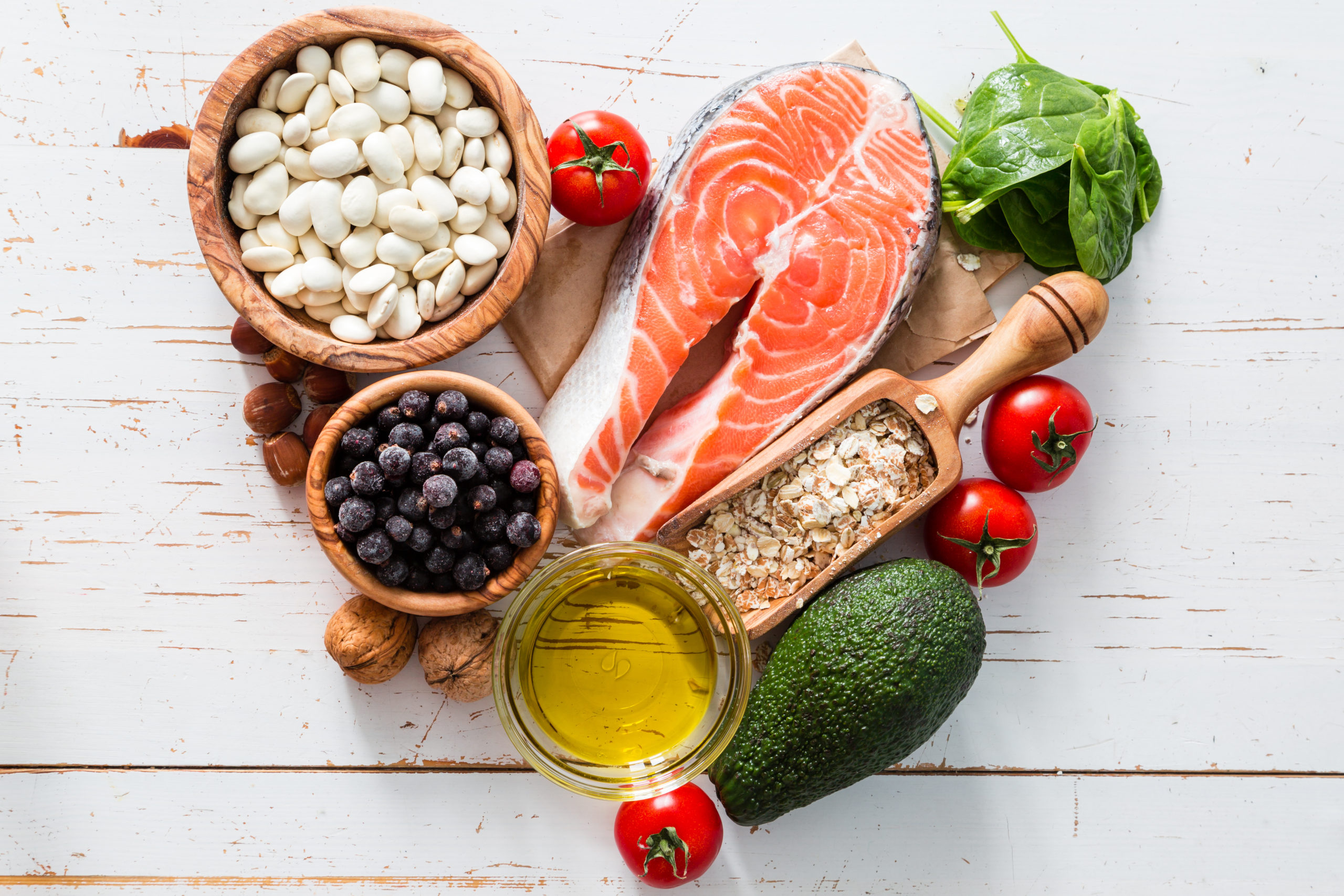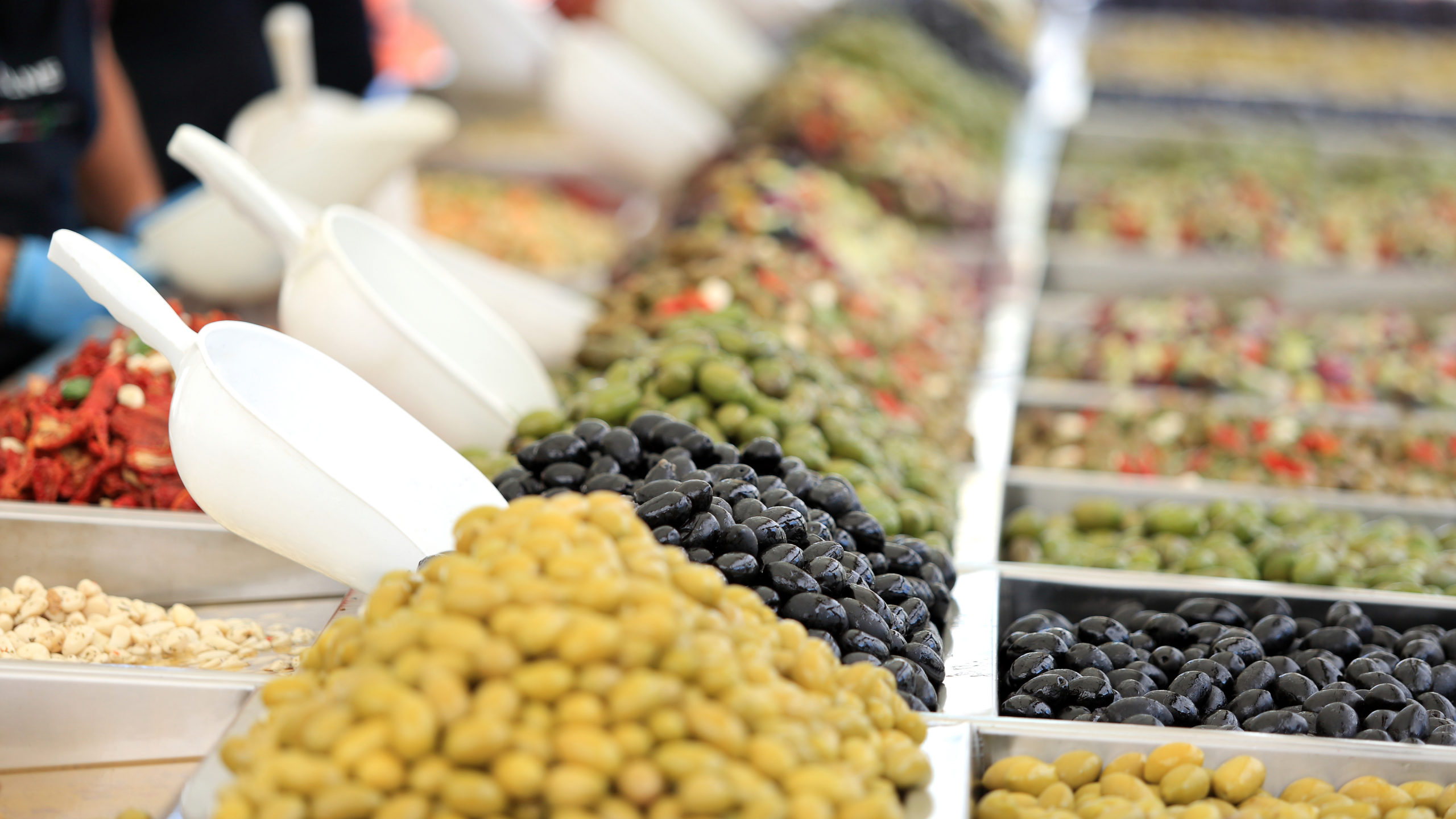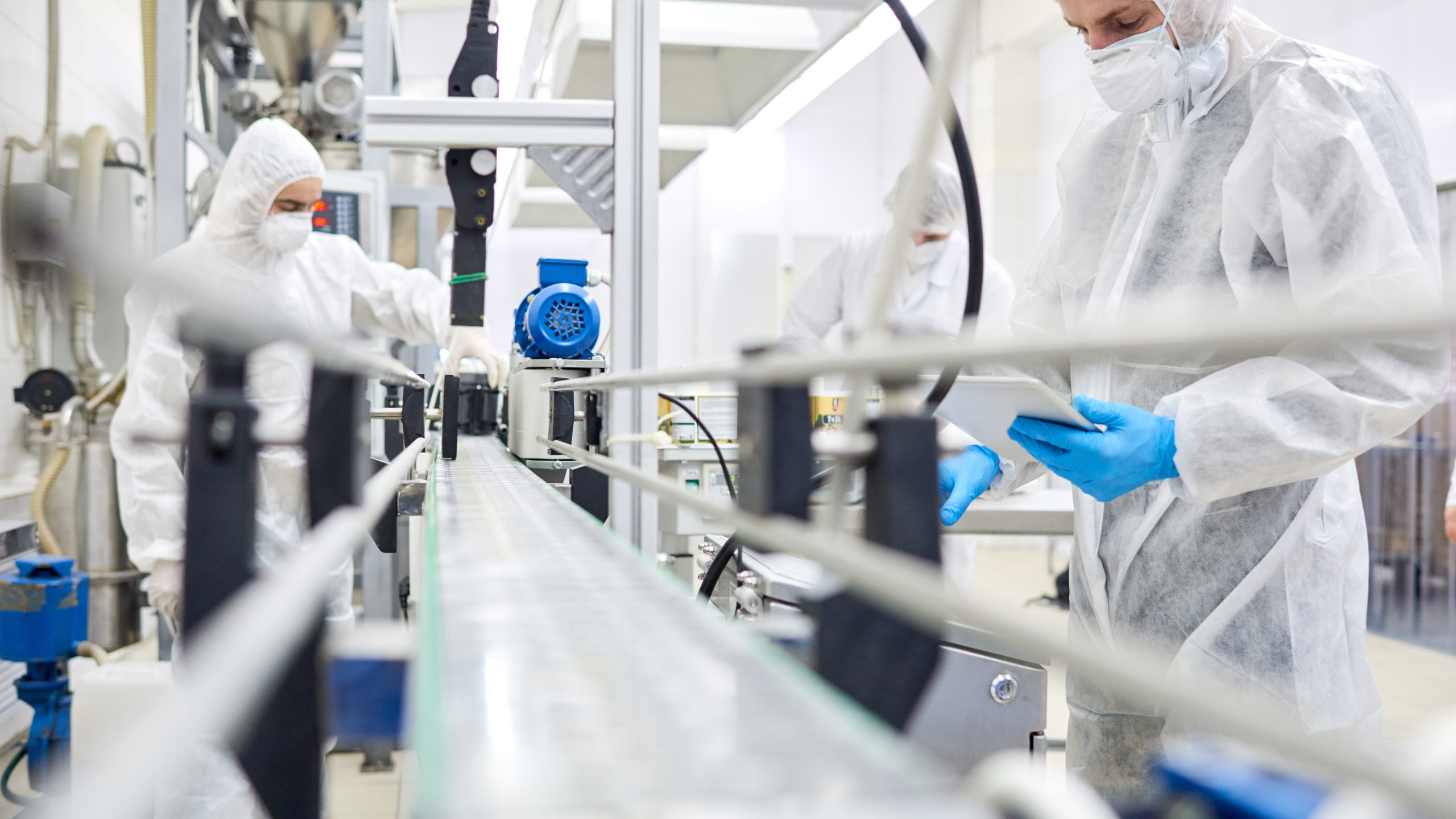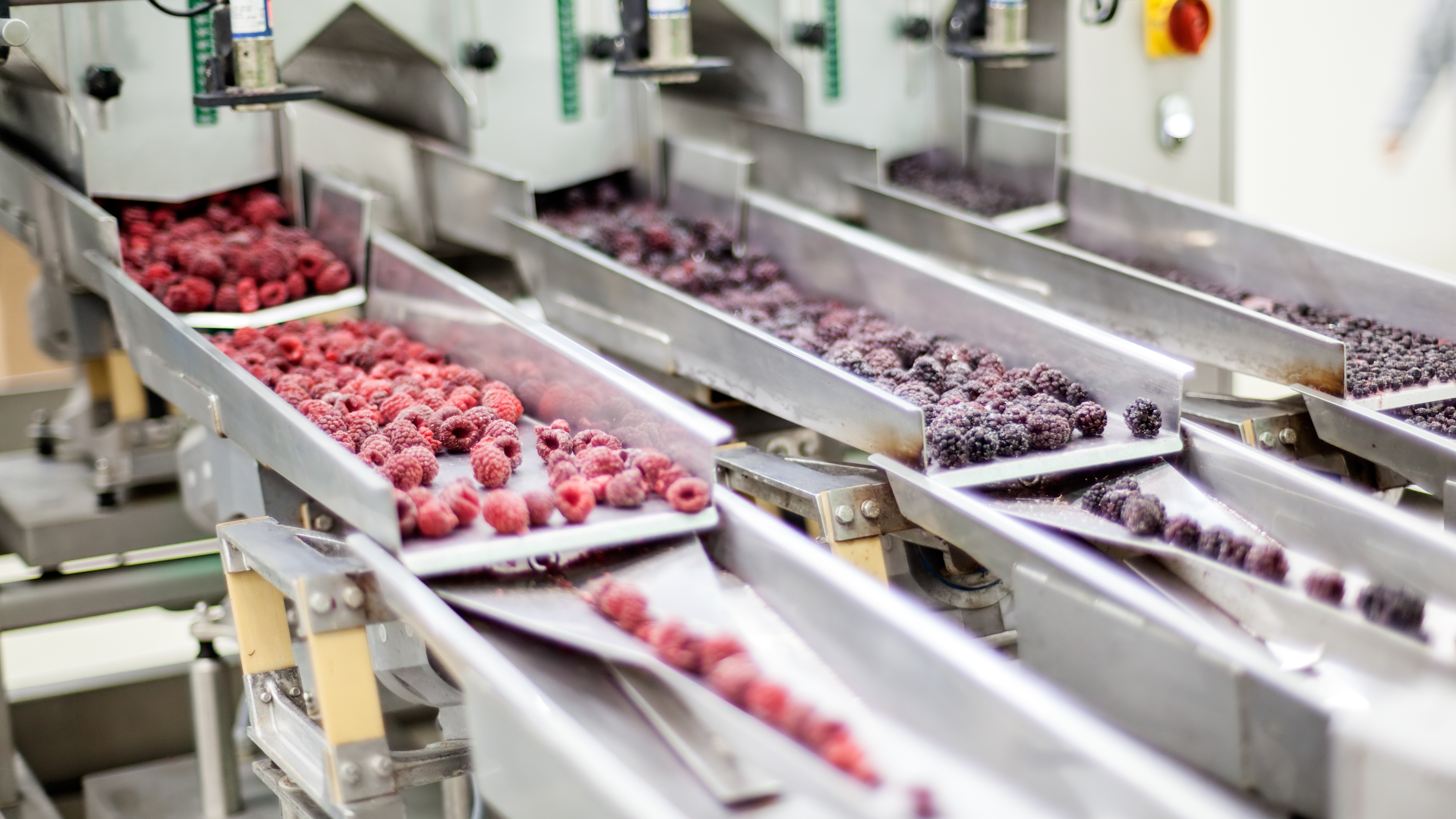Halal Food Manufacturing
In Arabic, the word Halal means “permitted or lawful.” Concerning food, Halal is a dietary standard following Islamic guidelines that certify and permit a foods’ consumption. Food and ingredients that are prohibited under Halal are called haram, meaning “forbidden” in Arabic.
Halal and Compressed Air Testing
When compressed air comes into direct or indirect contact with a food product or packaging, it is considered a potential source of contamination. These contaminants include excessive water, harmful particles and oil, and potentially dangerous microbes. Because of these risks, compressed air testing is a significant component for accomplishing food safety and cleanliness. As the leading expert in compressed air testing, we assist manufacturers pursuing Halal certification determine the quality and cleanliness of their compressed air and ensure that their product is not being contaminated. We provide guidance, through educational resources and personalized solutions, to assist manufacturers safeguard their Halal-certified products.

What is Halal?
In Arabic, the word Halal means “permitted or lawful.” Concerning food, Halal is a dietary standard following Islamic guidelines that certify and permit a foods’ consumption. Food and ingredients that are prohibited under Halal are called haram, meaning “forbidden” in Arabic.
According to these guidelines gathered from the Qu’ran, Muslim followers cannot consume the following haram:
Until recently, most Halal-certified products were internationally exported to countries like Egypt, Saudi Arabia, Oman, Qatar and other predominantly Muslim countries. But as the Muslim population rises domestically in the United States, Halal-certified restaurants and products have significantly increased. There is a growing shift in consumer perceptions of Halal certification and its benefits, resulting in opportunities for substantially rapid growth of Halal-certified food both domestically and internationally. The Global Islamic Economy reports, “Muslim consumer spending on food and lifestyle has reached $1.8 trillion in 2014 and is projected to reach $2.6 trillion in 2020.”
AirCheck Kits Available
Why Choose Trace Analytics?

Meet Your Requirements
ISO 8573 identifies four major contaminants in compressed air systems: Particles, Water, Total Oil and Microorganisms. BCAS states that compressed air coming in direct contact with food needs to meet ISO 8573-1:2010 Purity classes 2:2:1; indirect contact needs to meet 2:4:1. Meet SQF, BRC, Primus and more certification requirements with regular testing.

Online Reports and Tools
Access reports, sampling instructions, troubleshooting tips, and more all through the Trace Analytics website and AirCheck Academy. Download training documentation for your records.
View the status of your report, download current and past files, and manage who receives notifications in one portal.

Protect Your End Product
With new techniques and trends in the food packaging industry like modified atmospheric packaging, compressed air testing has become even more critical. The air and gas used in packaging has a direct impact on the quality and appearance of end products.
Regular testing ensures that quality standards are being continuously met.
Other Testing Services for Manufacturers

Testing Made SimpleAccurateEasy
Trace Analytics’ laboratory is accredited by the American Association for Laboratory Accreditation. We use state-of-the-art lab equipment that allows us to analyze hundreds of compressed air and environmental samples daily. The result is consistency, accuracy, precision, and rapid turnaround. Trace is an A2LA accredited laboratory complying with ISO 17025, certificate #0322-01.

